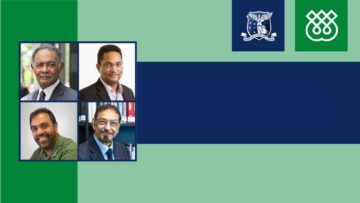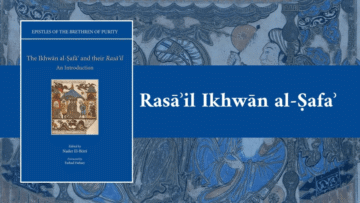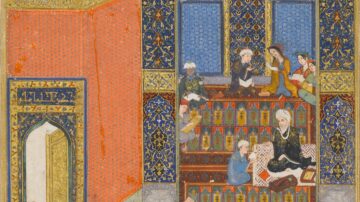The international conference, Intellectual Interactions in the Islamic World: The Ismaili Thread, brought together a team of over thirty leading scholars to reflect upon intellectual currents that flowed between IsmailisAdherents of a branch of Shi’i Islam that considers Ismail, the eldest son of the Shi’i Imam Jaʿfar al-Ṣādiq (d. 765), as his successor. and other groups and movements.
Through the study of interactions between Ismailis and broader Shi‘i and Sunni currents of thought, the conference aimed at situating Ismaili thought within the broader context of Islamic intellectual history.
At the conference, Dr Gurdofarid Miskinzoda engaged with Professors Carmella Baffioni, Daniel De Smet, Devin Stewart and Dr Orkhan Mir-Kasimov on their views on conceptual frameworks that underpin the endeavour.
In the following set of video discussions, the participants share their views on ways in which the conference fits within the scope of their respective research areas, and supports an understanding of Islam as civilisation(s).
- Professor Carmila Baffioni on Epistles of the Brethren of Purity (Rasa‘il Ikhwan al-Safa
- Professor Daniel De Smet on Ismaili Philosophy
- Professor Devin Stewart on Islamic Law
- Dr Orkhan Mir-Kasimov on the Ismaili Doctrine of Qiyamah






